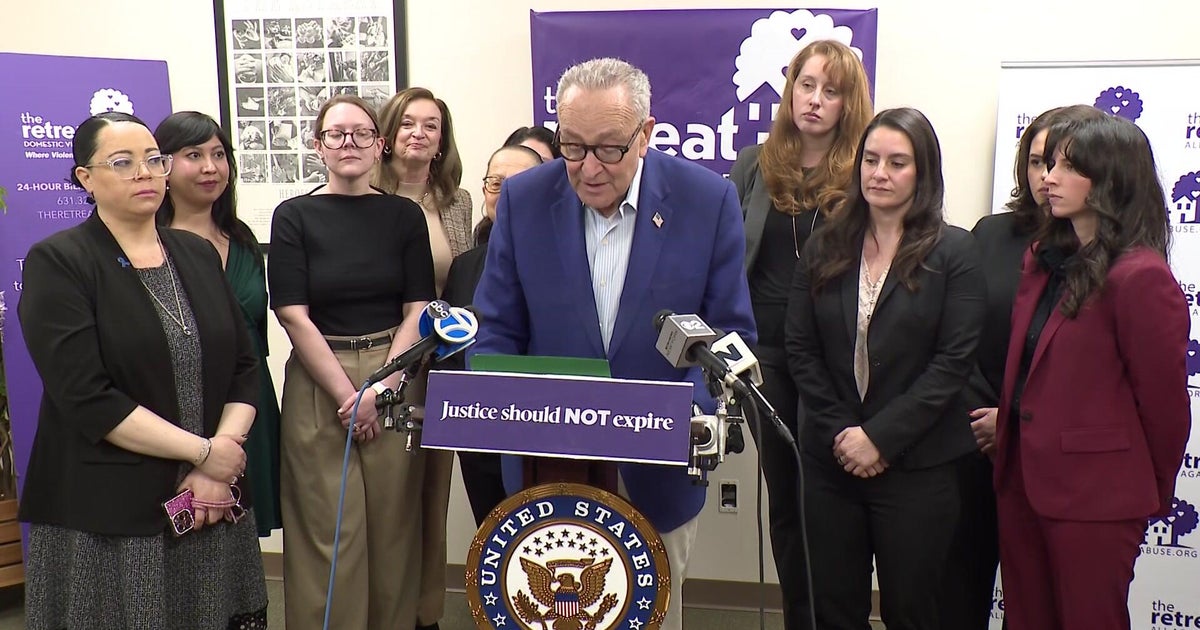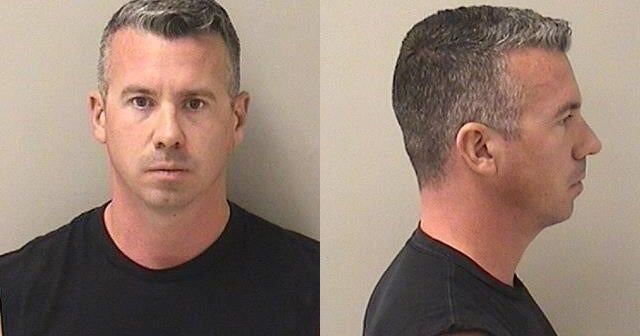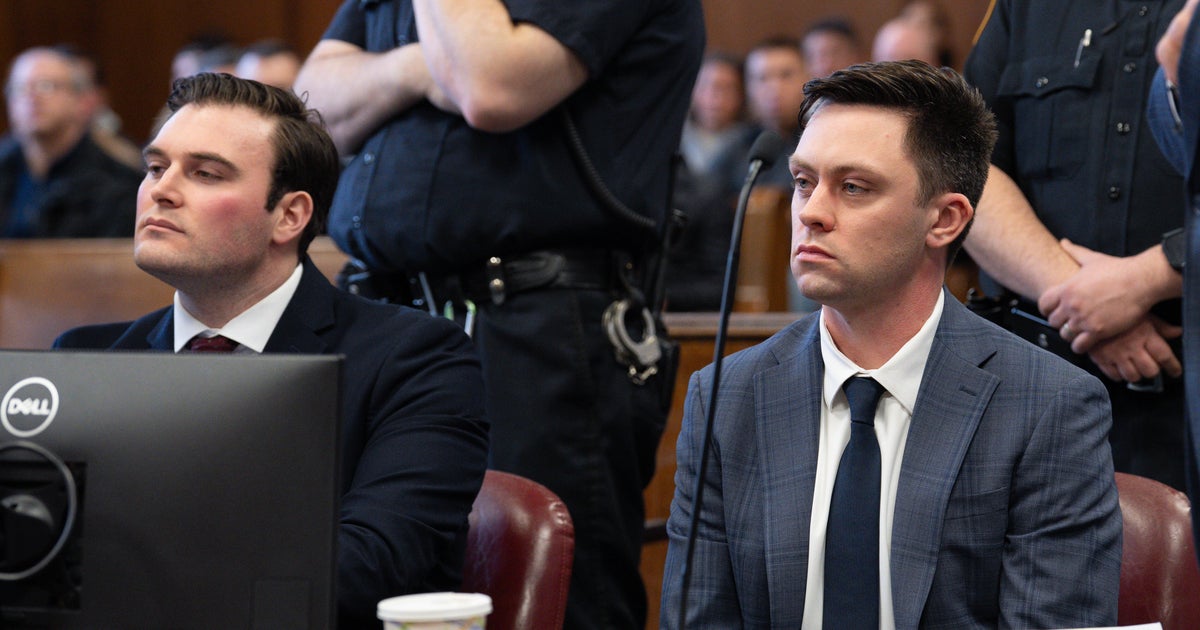Dianne Feinstein: Torture Program 'Far More Brutal' Than CIA Claimed
WASHINGTON (CBS/AP) — In a damning indictment of CIA practices, Senate investigators on Tuesday accused the spy agency of inflicting pain and suffering on al-Qaida prisoners far beyond America's legal boundaries and then deceiving the nation with narratives of life-saving interrogations unsubstantiated by its own records.
The Senate Intelligence Committee released a mountain of evidence from CIA files suggesting the treatment of detainees in secret prisons a decade ago was worse than the government described to Congress or the public. It doesn't call the tactics torture, but Sen. Dianne Feinstein, the panel's chairman, writes that "under any common meaning of the term, CIA detainees were tortured."
Besides the now-well-known practice of waterboarding, tactics included weeks of sleep deprivation, slapping and slamming of detainees against walls, confining them to small boxes, keeping them isolated for prolonged periods and threatening them with death.
Three detainees faced waterboarding, the simulated drowning technique. Some were left broken by the treatment, pleading and whimpering, one described as assuming a "compliant" position on the waterboarding table at the snap of an interrogator's fingers.
For all the effectiveness in breaking detainees' spirits, the "enhanced interrogation techniques" didn't produce results where it really mattered, the report asserts in its most controversial conclusion. It cites CIA cables, emails and interview transcripts to contradict the central justification for torture — that American lives were saved and terror plots stopped through the information that detainees gave only when subjected to very harsh methods.
The 500-page document released Tuesday included the executive summary and conclusions of a still-secret, 6,700-page full report, the results of a five-year, $40 million investigation. President Barack Obama ordered the interrogation practices halted when he took office nearly six years ago, though the harshest tactics had been discontinued years before.
The report provides a catalog of what it deems misstatements by senior CIA officials to the president, the Justice Department, Congress and the American public. It describes mismanagement so deficient that the agency lost track of how many detainees it held. Senate investigators documented 119 — a higher figure than the 98 described in memos made public in 2009. At least 39 faced harsh interrogations, the report said. TheCIA has cited the number 30.
Feinstein said the CIA's program "was far more brutal than the CIA represented to policymakers and the American public."
The report's summary, released after months of tough negotiations about what should be censored, was issued amid concerns it could spark violence against Americans abroad. U.S. embassies tightened security and military bases around the world were put on alert this week in anticipation of anti-American reactions, and Secretary of State John Kerry made a late plea to Feinstein to consider delaying the release, to no avail.
Earlier this year, Feinstein accused the CIA of infiltrating Senate computer systems in a dispute over documents as relations between the investigators and the spy agency deteriorated. The report was written by the California Democrat's staff members, including Daniel Jones, a former FBI agent.
Former CIA officials forcefully disputed the report's findings. So did Senate Republicans, whose written dissent accused Democrats of inaccuracies, sloppy analysis and cherry-picking evidence to reach a predetermined conclusion. CIA officials prepared their own response acknowledging serious mistakes in the interrogation program, but contending it produced vital intelligence that still guides the agency's counterterrorism efforts.
"We know that the program led to the capture of al-Qaida leaders and took them off the battlefield, that it prevented mass casualty attacks and that it saved thousands of American lives," said George Tenet, CIAdirector when the Sept. 11, 2001, attacks occurred.
Tenet told The Associated Press the report missed the context in which the harsh interrogations were conducted, with the nation reeling from 9/11 and CIA officials convinced more attacks were coming. The entire U.S. government was under pressure to prevent a second wave and lacked intelligence to deal with the possibility.
"It was a ticking time bomb every day," Tenet said.
The Senate investigation found no evidence the interrogations stopped imminent plots. And Feinstein rejected the idea that the CIA's actions were excusable.
"Such pressure, fear and expectation of further terrorist plots do not justify, temper or excuse improper actions taken by individuals or organizations in the name of national security," she wrote.
Though Bush approved the program in 2002, he wasn't briefed by the CIA about the details until 2006, and he then expressed discomfort with the "image of a detainee, chained to the ceiling, clothed in a diaper and forced to go to the bathroom on himself." Bush said in his 2010 memoirs that he discussed the program with Tenet, but the CIA director told the agency's inspector general that never happened.
© Copyright 2014 The Associated Press. All Rights Reserved. This material may not be published, broadcast, rewritten or redistributed.







